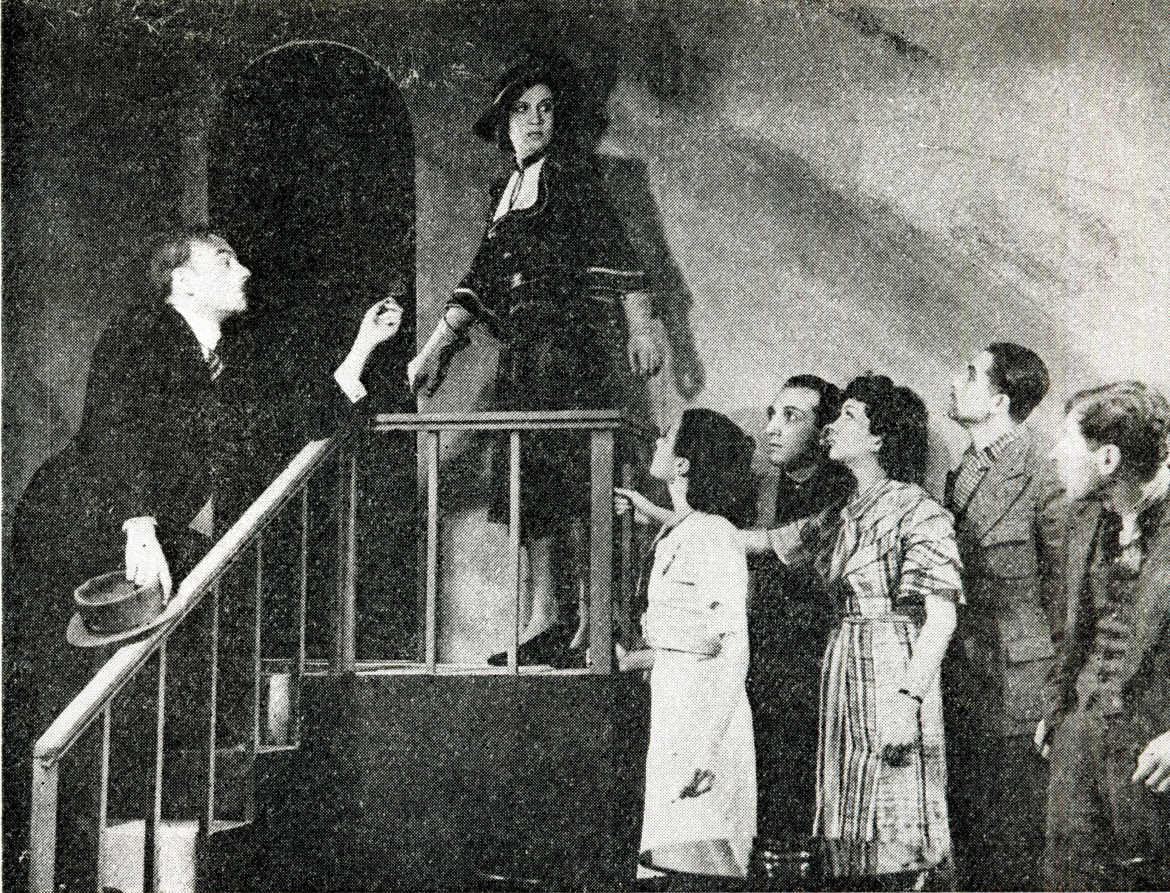From his birth in Kraków on 2 September 1912 to his death in Melbourne (Australia) in 2009, the life of Gwidon Borucki was an epic full of passion, talent, and courage. It was rich in success on the theatre, music, and film stages, but also included the experience of military service under General Władysław Anders.
Gwidon was born into a Jewish family. He spent his early teenage years in Przemyśl before moving with his family to Warsaw at the age of 12. There he attended the “Askola” Hebrew Gymnasium. After passing his matriculation exams in Berlin, he chose Lwów (today’s Lviv) as his place of study. There he began his artistic career, performing in various Lwów clubs.
During the Second World War, Gwidon joined various artistic groups, including Feliks Konarski’s band, known as Ref-Ren. His talent was used to raise the fighting spirit of Polish soldiers. The most memorable moment of his career was the first performance of the song ‘Red Poppies on Monte Cassino’. It happened shortly after Polish troops led the Allies to victory on 18 May 1944 in the Battle of Monte Cassino. This song became the anthem of the battle and a symbol of Polish heroism. As he himself recalled, the song was ‘the result of the atmosphere of the many weeks preceding the battle’.
After the war, Gwidon emigrated to London, where he continued his acting career under the name Guy Borucki and the alias Guido Lorraine. In 1959 he moved to Australia, where he became involved in the artistic life of the Polish community there. He founded the Australian branch of the Union of Polish Stage Artists in Melbourne and continued his career in television, theatre and on the silver screen. Despite his longing for Poland, he never decided to return to the country.
Gwidon was married twice; his first wife was the artist Irena Anders, later the wife of General Władysław Anders. His second wife’s name was Ewa.
Borucki died at the age of 97 from a skull injury after falling on concrete steps in his garden.





